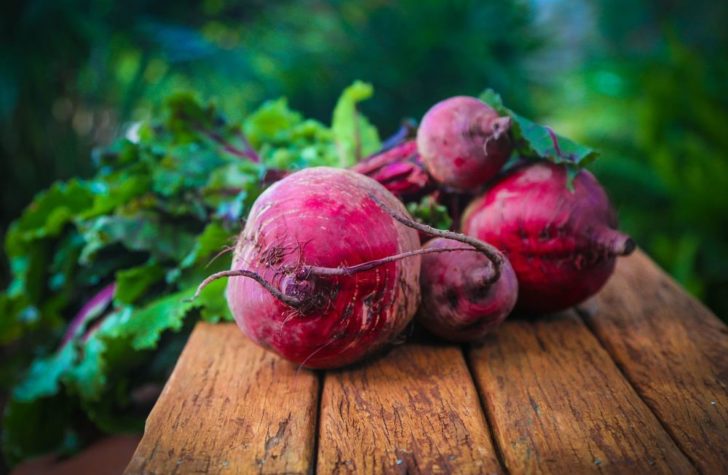Raw Food Diet: A Comprehensive Guide to a Healthy Lifestyle

Introduction: Understanding the Raw Food Diet
The raw food diet is a dietary approach that focuses on consuming foods in their natural, uncooked state. This lifestyle choice stems from the belief that cooking foods above a certain temperature destroys essential nutrients and enzymes, diminishing their health benefits.
What is the Raw Food Diet?

The raw food diet primarily consists of fruits, vegetables, nuts, seeds, and sprouted grains. These foods are consumed in their natural, unprocessed form to maximize their nutritional value. Advocates of the raw food diet argue that it can boost energy levels, enhance digestion, promote weight loss, and reduce the risk of chronic diseases.
Types of Raw Food Diets
There are various types of raw food diets, each with its own approach and level of strictness. Here are some popular ones:
1. Raw Vegan Diet: This diet excludes all animal products, including dairy, eggs, and honey.
2. Raw Vegetarian Diet: This diet allows the inclusion of certain raw animal products such as raw dairy and honey.
3. Raw Paleo Diet: This diet combines raw foods with the principles of the paleo diet, focusing on consuming raw meats, fish, fruits, and vegetables.
Quantitative Measurements on the Raw Food Diet
Quantitative studies on the raw food diet are limited due to its relatively niche following. However, existing research suggests several potential health benefits:
1. Increased Nutrient Intake: Raw foods tend to be rich in vitamins, minerals, and antioxidants, which are essential for good health.
2. Improved Digestive Healt The high fiber content of raw fruits and vegetables promotes regular bowel movements and can alleviate digestive issues.
3. Potential Weight Loss: The raw food diet is often associated with weight loss due to its low calorie and high fiber content.
Differences in Raw Food Diets
While all raw food diets emphasize the consumption of uncooked foods, specific variations exist that set them apart:
1. Fruitarian Diet: This diet primarily consists of raw fruits, with some variations allowing minimal intake of nuts and seeds.
2. Juice Feasting: This approach involves consuming solely raw fruits and vegetable juices for an extended period to detoxify the body.
3. Sproutarian Diet: The sproutarian diet emphasizes the consumption of sprouted seeds, legumes, and grains.
Historical Overview of Pros and Cons
Pros of Raw Food Diets:
1. Increased Nutritional Intake: Raw foods retain more nutrients and enzymes, boosting overall nutritional intake.
2. Enhanced Digestion: Raw food is rich in fiber, aiding digestion and preventing digestive issues.
3. Weight Loss: The low calorie and high fiber content of raw foods can aid in weight loss.
Cons of Raw Food Diets:
1. Nutritional Deficiencies: Raw food diets can lead to deficiencies in certain nutrients like vitamin B12, iron, and calcium.
2. Food Safety Concerns: Raw foods, especially meats and sprouts, can pose a risk of bacterial contamination.
Conclusion:
The raw food diet offers a unique approach to nutrition, focusing on the consumption of uncooked, whole foods. While it may have potential health benefits, it is essential to consider individual needs and nutritional requirements before adopting this lifestyle. It is advisable to consult with a healthcare professional or nutritionist to ensure a balanced and safe raw food diet.

















